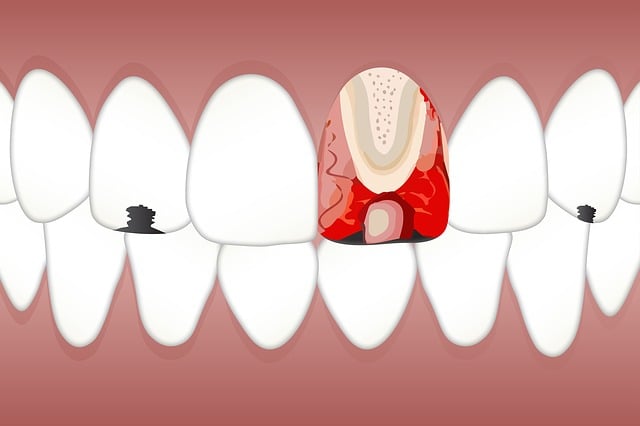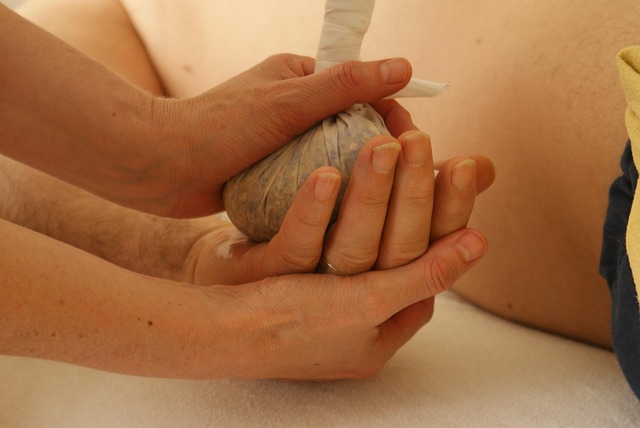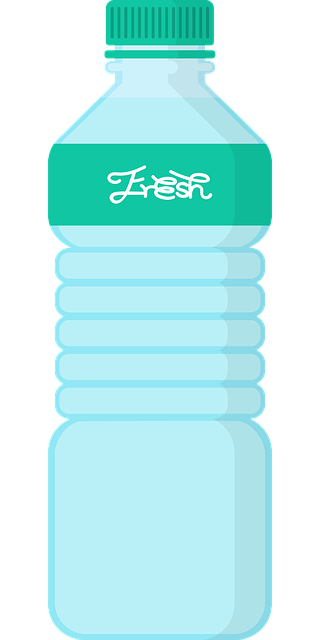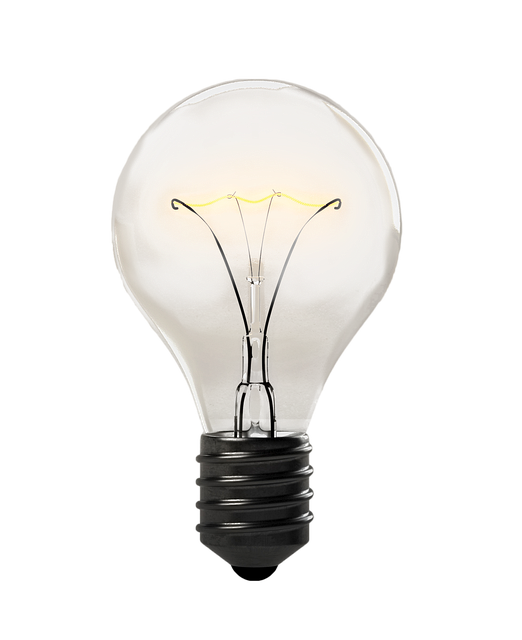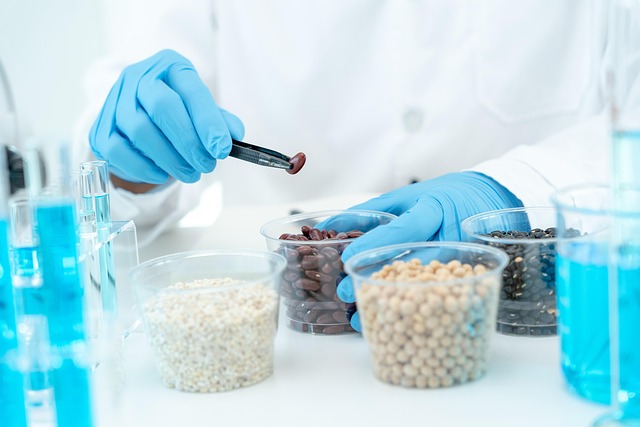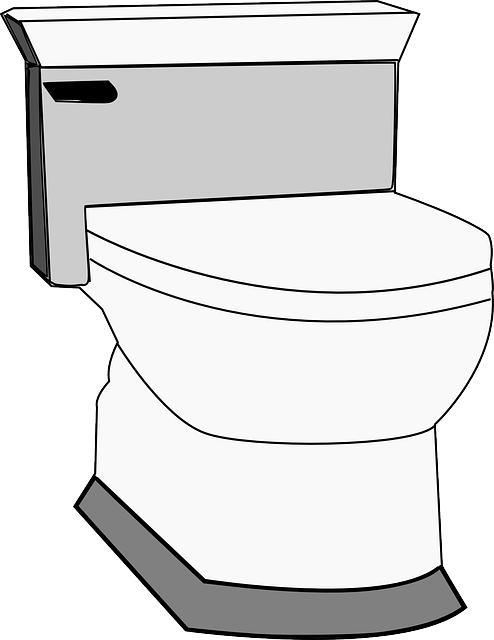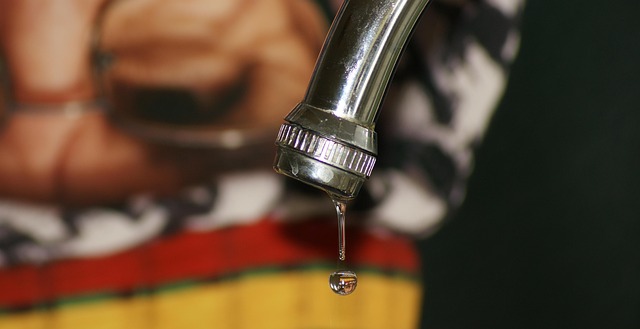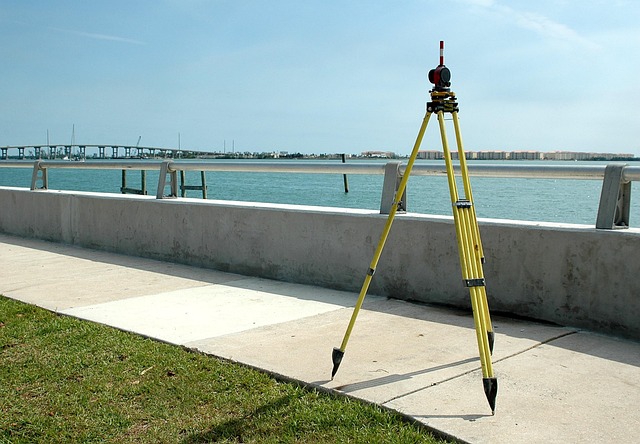While chemical drain cleaners offer temporary fixes, they pose significant health and environmental risks. Prioritize natural methods like baking soda and vinegar for unclogging. Regular plumbing inspections, leak prevention through pressure monitoring, sediment removal, and periodic fixture replacement are key to efficient maintenance, saving costs, and extending system lifespan. Implement these plumbing maintenance tips for a safer, more sustainable home.
In today’s world, quick fixes with chemical drain cleaners are tempting, but they can cause significant health and environmental damage. This article explores safer alternatives for effective plumbing maintenance. We delve into the dangers of these chemicals, offering natural solutions for unclogging and cleaning. Additionally, we provide practical tips on regular inspections to prevent costly repairs and strategies for leak prevention, enhanced water pressure, and sediment removal without relying on harsh substances. Discover how simple, chemical-free approaches can keep your plumbing system in top shape.
- The Dangers of Chemical Drain Cleaners: Health and Environmental Concerns
- Plumbing Maintenance Tips: Natural Alternatives for Unclogging and Cleaning
- Regular Inspections: Identifying Problems Early to Avoid Costly Repairs
- Preventing Leaks, Enhancing Water Pressure, and Removing Sediment Without Chemicals
The Dangers of Chemical Drain Cleaners: Health and Environmental Concerns
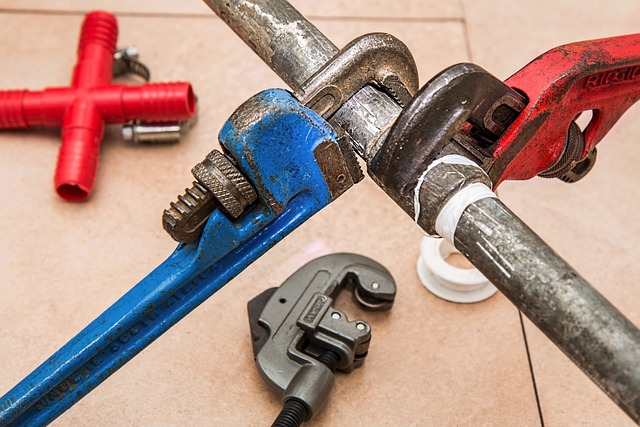
Chemical drain cleaners, while seemingly quick fixes for clogged drains, pose significant health and environmental hazards. These toxic substances can cause severe burns and eye damage upon contact, and their fumes are harmful when inhaled. Prolonged exposure to chemical cleaners increases the risk of respiratory issues, skin irritation, and even long-term organ damage.
Moreover, these products often fail to address the root causes of drain clogs, such as worn-out pipes, improper water pressure, or sediment buildup. Regular inspections and leak prevention measures are more sustainable plumbing maintenance tips. Preventing clogs through proper fixture replacement and efficient water management can save you from both health risks and costly repairs in the long run.
Plumbing Maintenance Tips: Natural Alternatives for Unclogging and Cleaning
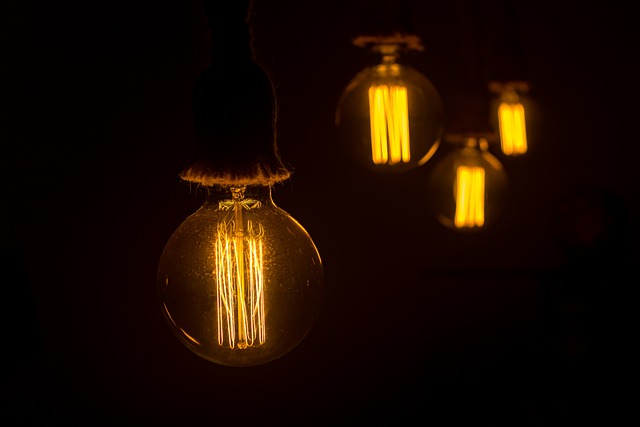
Maintaining your plumbing system with natural alternatives to chemical drain cleaners is a smart and eco-friendly approach. Regular inspections are key to identifying potential issues early on, from leaks that can waste water and increase bills to blocked drains causing overflows. Preventing these problems through routine checks can save you time and money in the long run.
For unclogging, consider using baking soda and vinegar—a powerful natural cleaning duo. Pour a cup of baking soda down the drain followed by a half-cup of white vinegar; this will fizz and clean effectively. Another tip for plumbing maintenance is to remove sediment buildup regularly with a magnetic drain catcher or by using hot water to flush out debris. Keep an eye on your water pressure too—a low flow can indicate a clogged pipe or aerator, which are easy fixes. Lastly, don’t forget that fixture replacement, such as installing low-flow showerheads and faucets, can save water and reduce the strain on your plumbing system.
Regular Inspections: Identifying Problems Early to Avoid Costly Repairs

Regular inspections are a crucial part of responsible plumbing maintenance tips. By scheduling routine check-ups, homeowners can catch potential issues early on, preventing costly repairs and ensuring optimal drainage system performance. During these visits, plumbers can assess water pressure, identify blockages or leaks, and perform sediment removal to keep pipes clear. This proactive approach not only saves money but also extends the lifespan of fixtures and appliances connected to your plumbing system.
Identifying problems at their source is key to leak prevention. Regular inspections allow professionals to spot worn-out gaskets, corroded pipes, or even faulty valves in need of replacement. Prompt attention to these issues can stop minor inconveniences from turning into major disasters, saving you from unexpected water damage and the high costs associated with emergency repairs.
Preventing Leaks, Enhancing Water Pressure, and Removing Sediment Without Chemicals

Regular plumbing maintenance tips include performing regular inspections to identify potential leaks early on. By addressing small issues promptly, you can prevent significant damage and costly repairs. One of the common causes of leaks is faulty connections or corroded pipes, which can be easily detected during routine checks. Moreover, regular maintenance involves checking water pressure, ensuring it stays within optimal levels. High pressure can lead to leaks and fixture damage, while low pressure reduces water flow efficiency.
Another effective plumbing maintenance tip is implementing sediment removal techniques without relying on chemical drain cleaners. Over time, sediment buildup in pipes can restrict water flow and reduce water pressure. This can be mitigated by installing water softeners or filters to capture and remove sediments. Additionally, periodic fixture replacement plays a crucial role in maintaining plumbing health. Old or damaged fixtures may develop leaks or inefficient water usage, so updating them can contribute to both leak prevention and enhanced water pressure.
